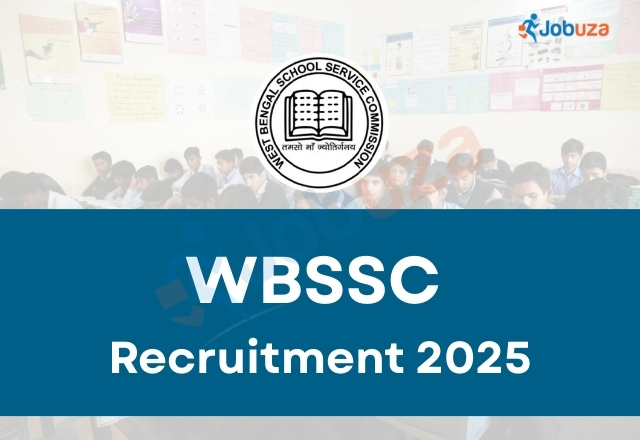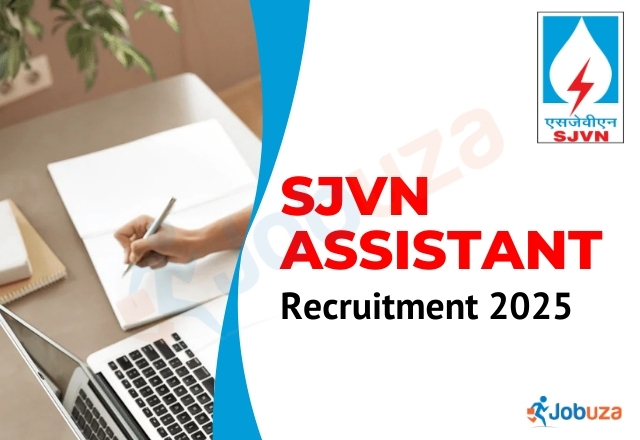
by Jobuza Team | Sep 9, 2025 | Bank Jobs, Latest Jobs
IBPS RRB Notification 2025 Out: Apply Online for 13,217 Vacancies The Institute of Banking Personnel Selection (IBPS) has released the IBPS RRB Notification 2025 under the Common Recruitment Process (CRP RRB XIV). The recruitment drive aims to fill 13,217 vacancies...

by Jobuza Team | Sep 3, 2025 | Latest Jobs, Teaching Jobs
WBSSC Recruitment 2025: Initial notice out for more than 8000…West Bengal School Service Commission has released the initial notification for a total of 8,477 non-teaching posts. Eligible and interested candidates will be able to submit their applications on the...

by Jobuza Team | Aug 29, 2025 | Latest Jobs, Technical/IT Jobs
BEML Recruitment 2025: 682 Vacancies Announced, Salary Up to ₹2.6 Lakh, Apply Online Bharat Earth Movers Limited (BEML) has released an official notification for BEML Recruitment 2025 to fill 682 vacancies across multiple categories. Candidates from various...

by Jobuza Team | Aug 28, 2025 | Central Govt Job, Latest Jobs
SJVN Assistant Recruitment 2025: Apply Online, Check Eligibility, Vacancy, Salary, and Selection Process SJVN Limited, a Navratna Central Public Sector Enterprise (CPSE) under the Ministry of Power, Government of India, has released the SJVN Assistant Recruitment 2025...

by Jobuza Team | Aug 26, 2025 | Latest Jobs, Teaching Jobs
APPSC PGT Recruitment 2025: Apply Online for 111 Post Graduate Teacher Vacancies at appsc.gov.in The Arunachal Pradesh Public Service Commission (APPSC) has officially released the Post Graduate Teacher (PGT) Recruitment 2025 Notification. A total of 111 PGT vacancies...

by Jobuza Team | Aug 26, 2025 | Latest Jobs, PSU Jobs
Bihar Police Constable Driver Vacancy 2025: Last Day to Apply Online for 4361 Posts at csbc.bih.nic.in The Central Selection Board of Constables (CSBC) will close the online application process for Bihar Police Constable Driver Recruitment 2025 today, 20 August 2025....








